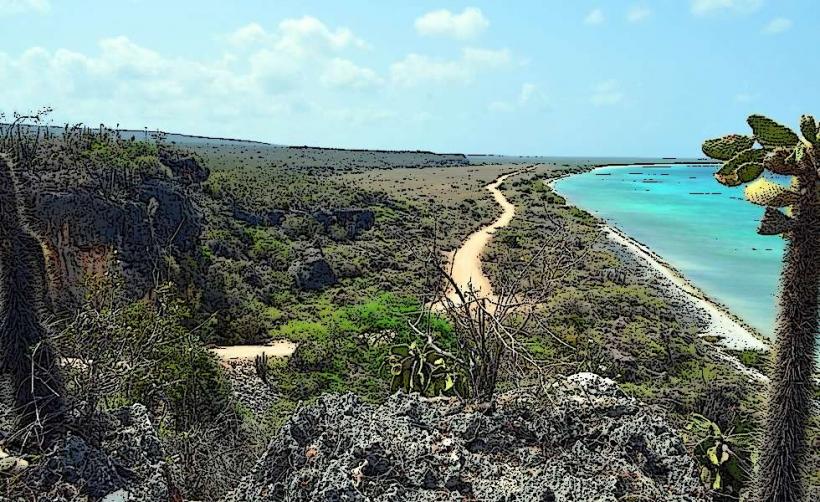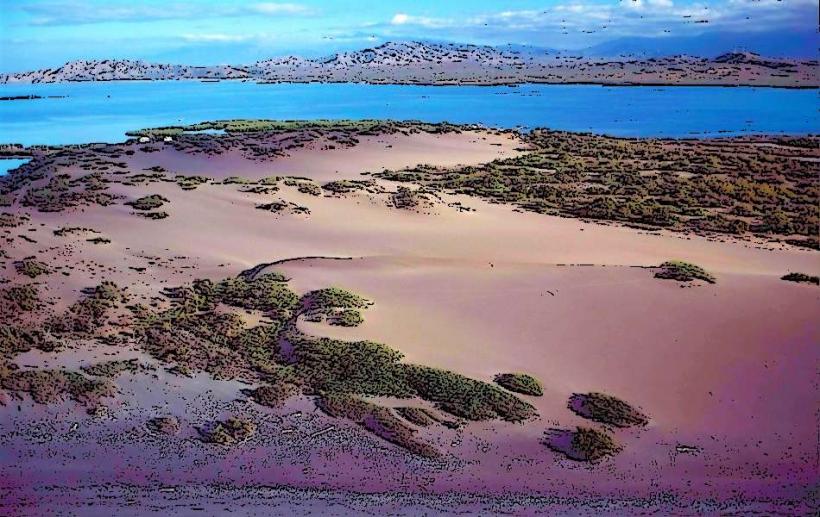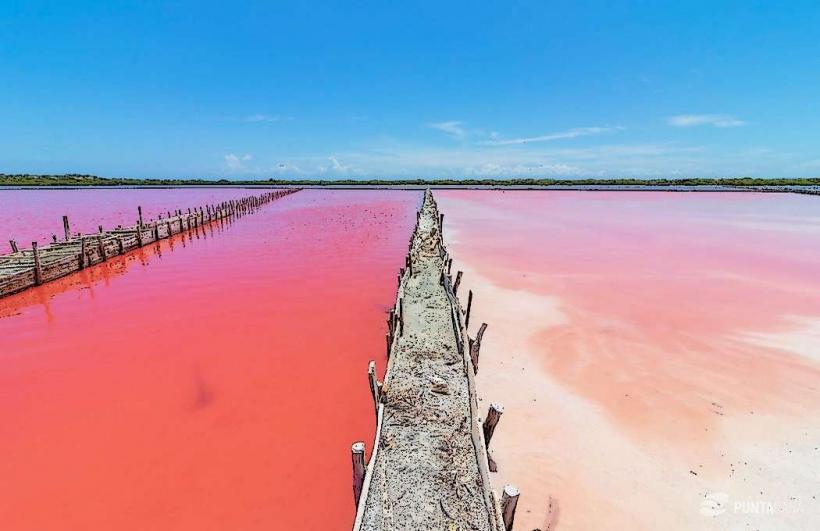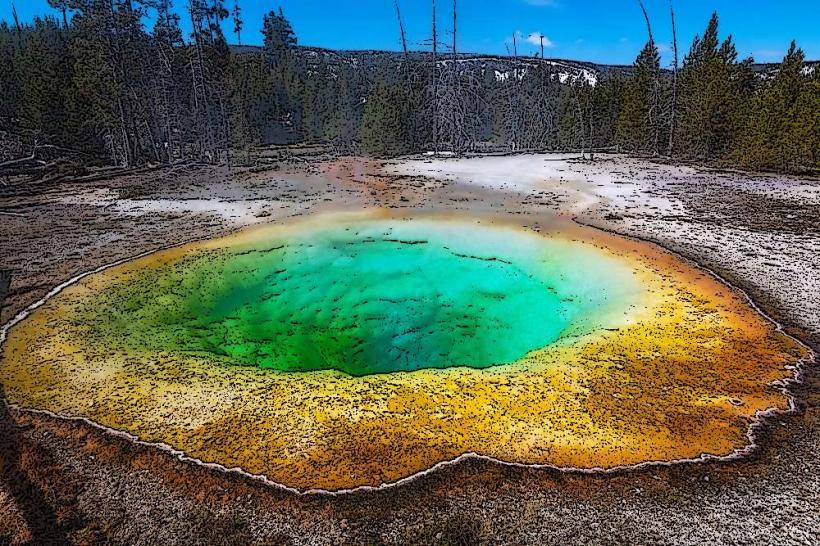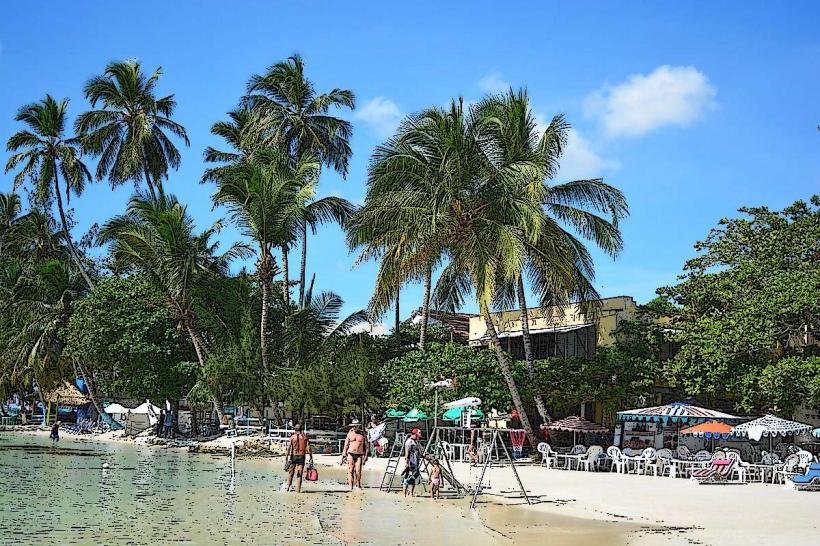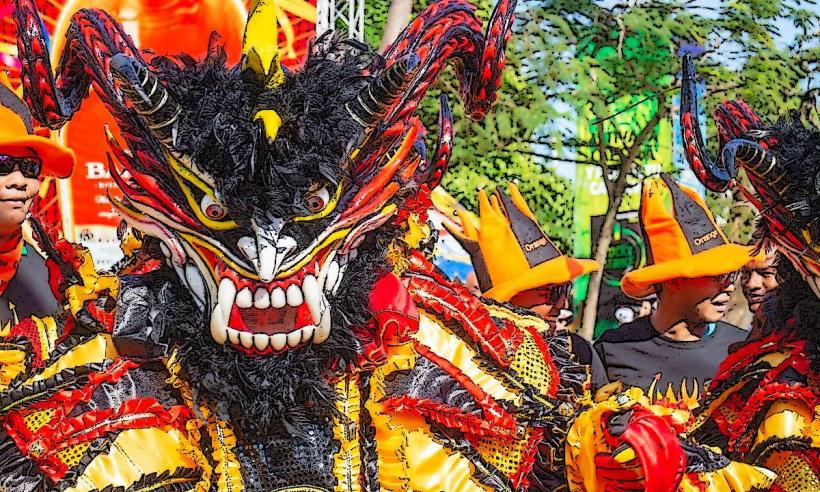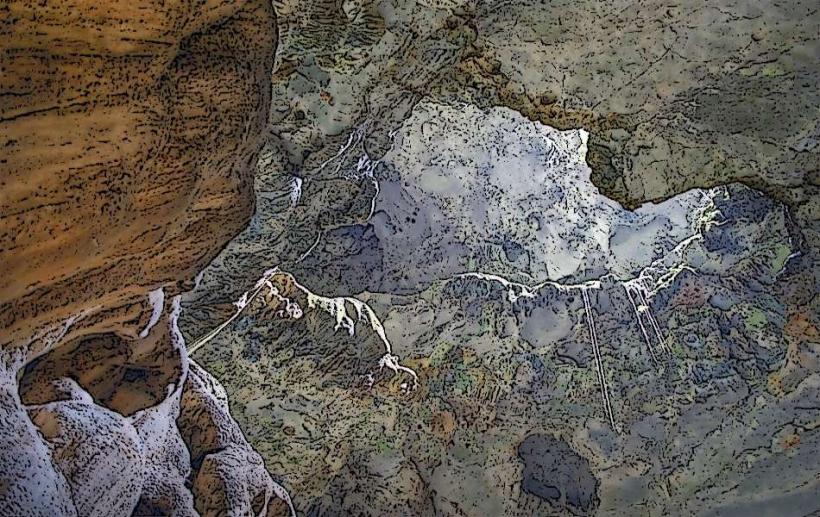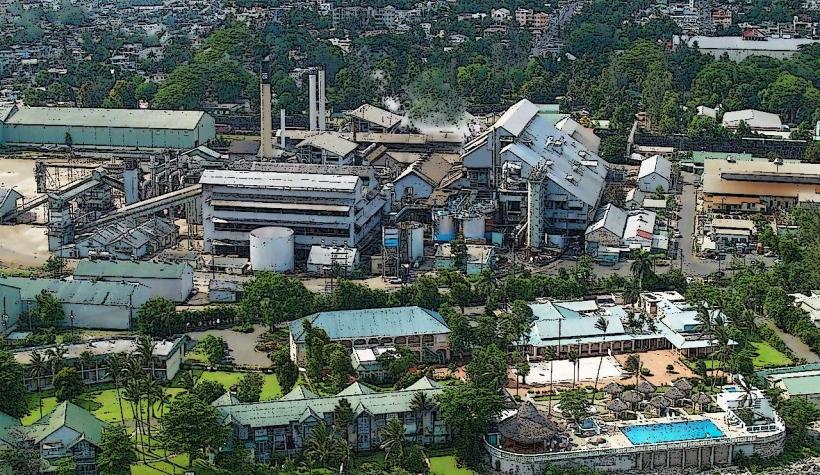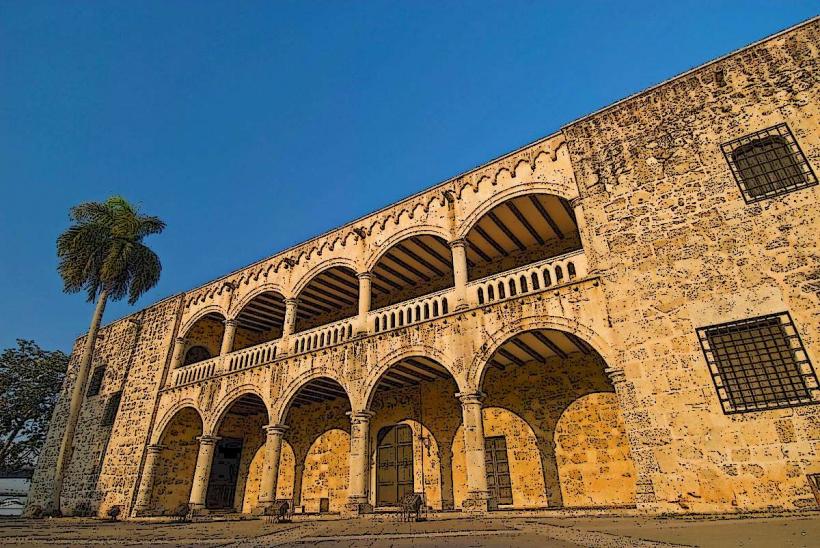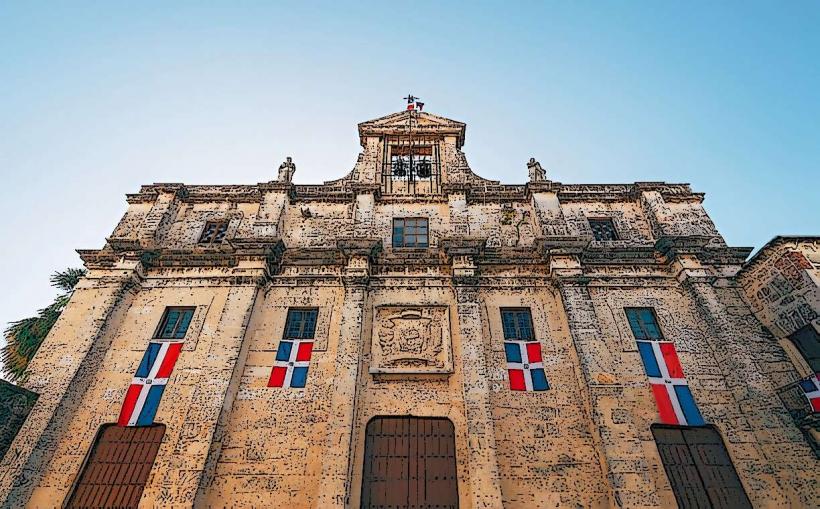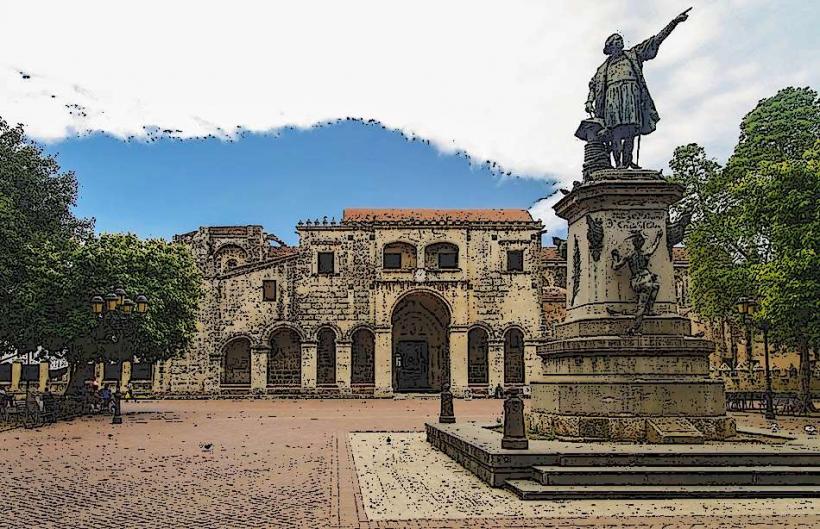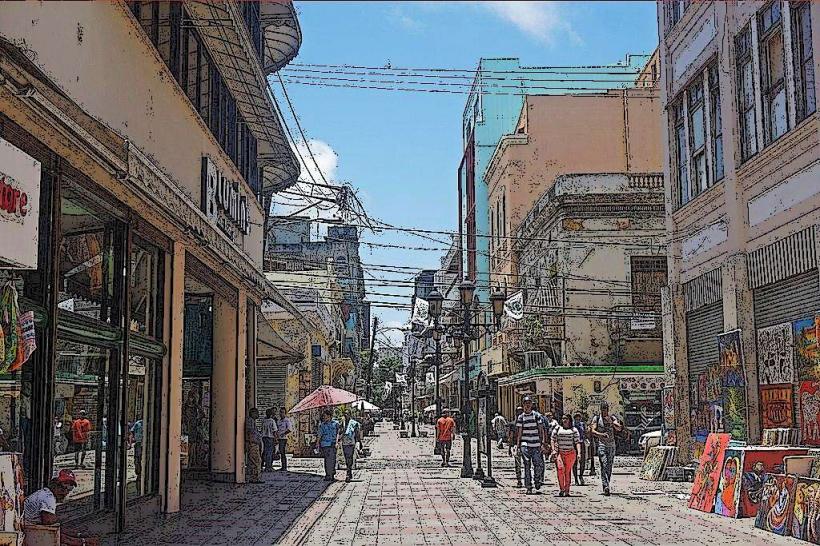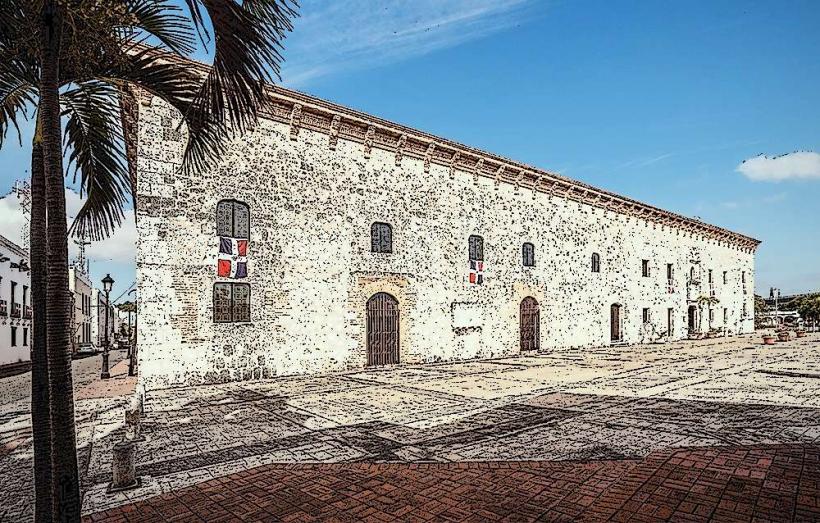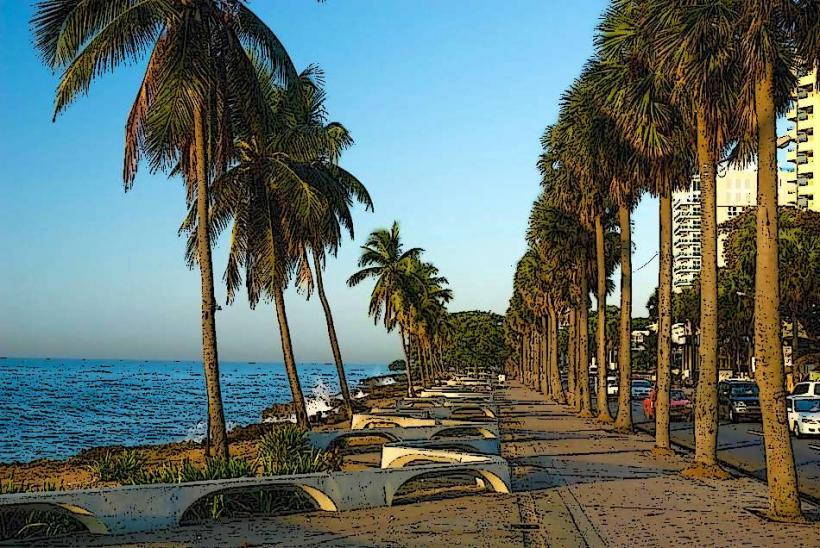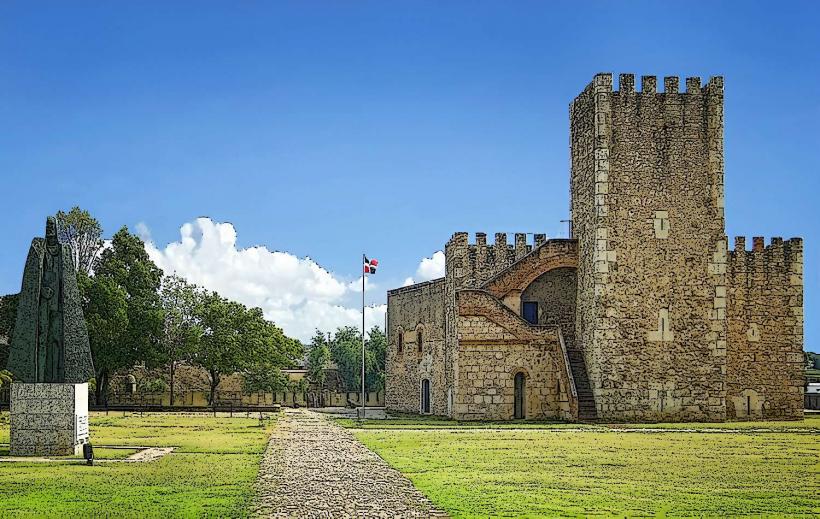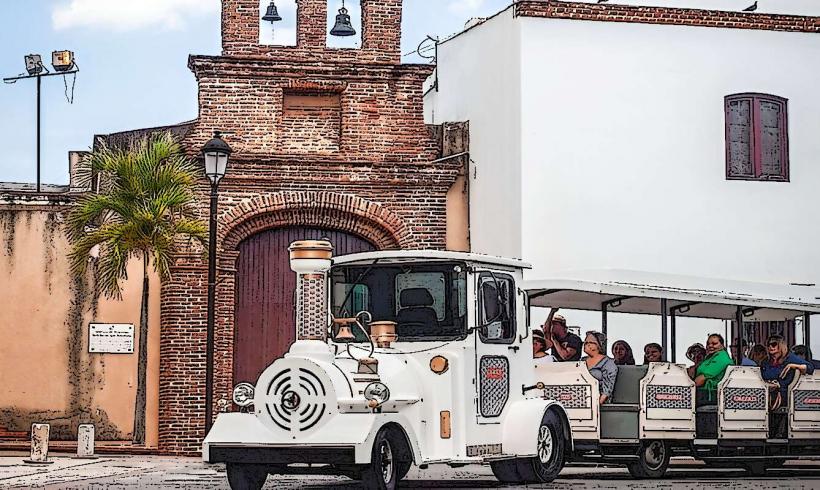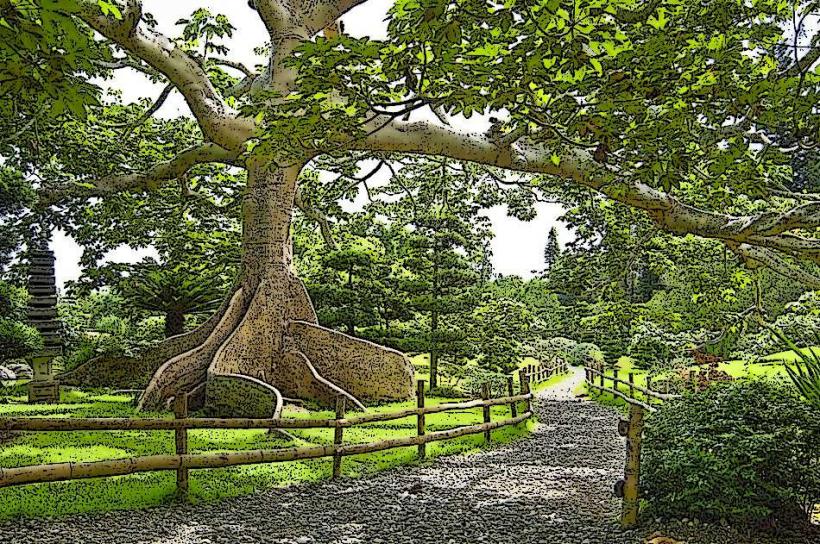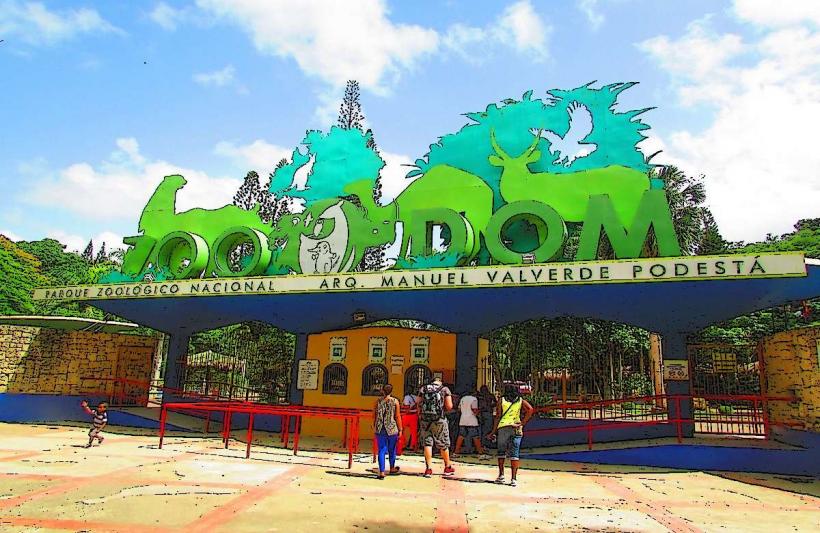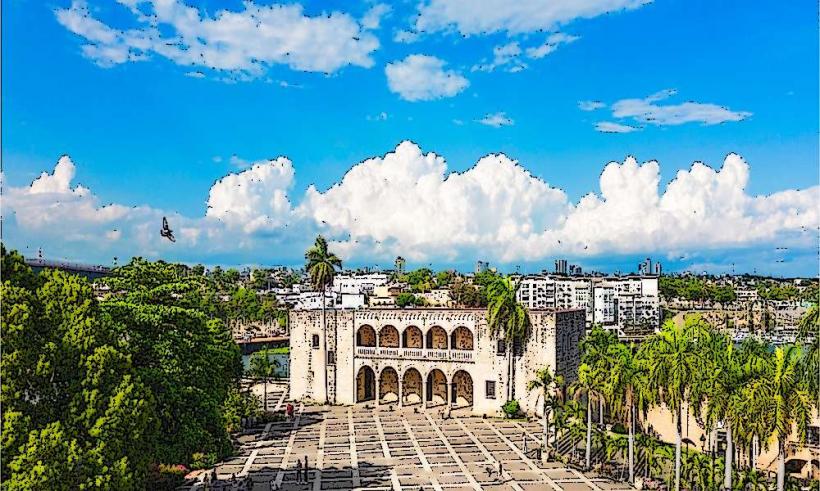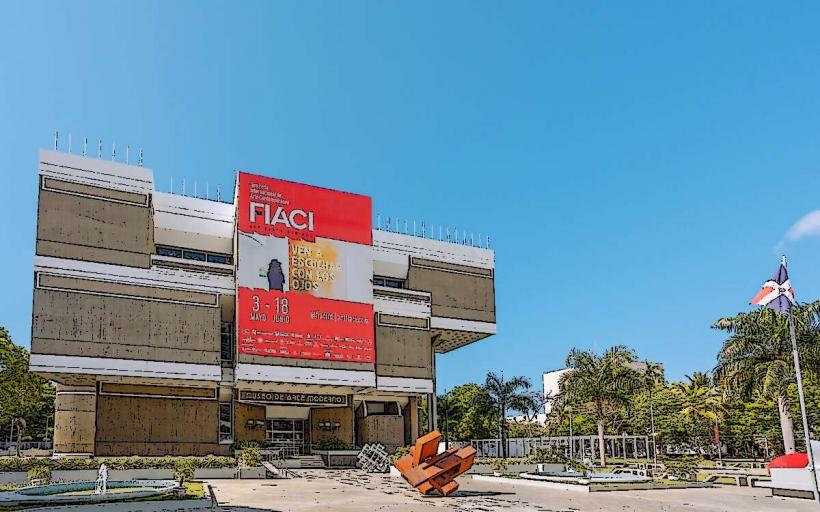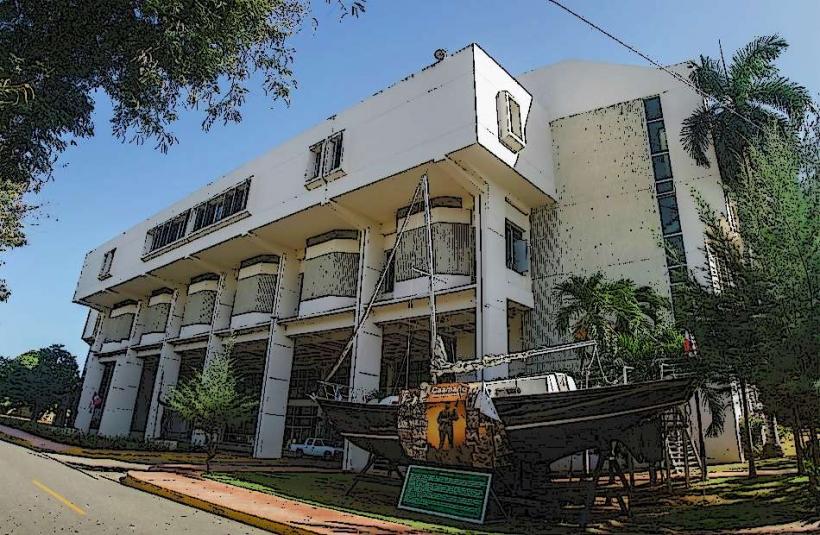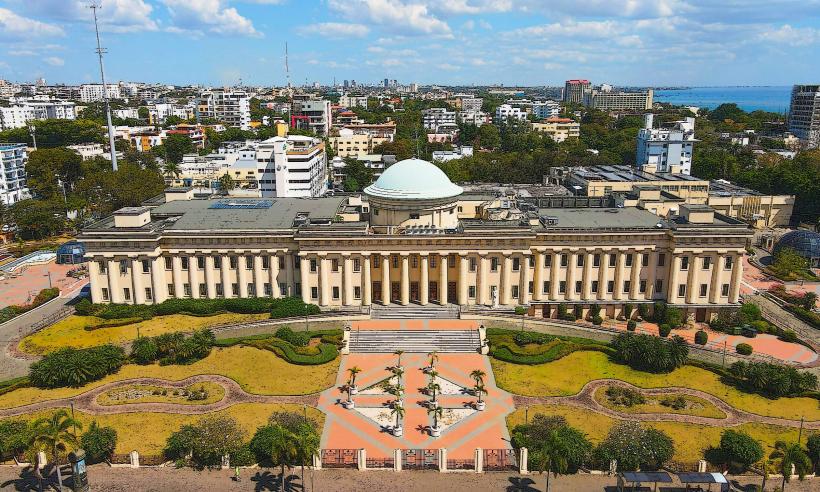Information
Landmark: Cathedral of Santa María la MenorCity: Santo Domingo
Country: Dominican Republic
Continent: North America
Cathedral of Santa María la Menor, Santo Domingo, Dominican Republic, North America
The Cathedral of Santa María la Menor is the oldest cathedral in the Americas, located in the Colonial Zone of Santo Domingo, Dominican Republic.
Visual Characteristics
The Cathedral of Santa María la Menor exhibits a blend of Gothic and Plateresque architectural styles, with later Baroque additions. Constructed primarily from coral stone, its exterior presents a weathered, light-ochre hue. The structure features two prominent towers and a main facade characterized by intricate carvings. Its dimensions include a length of approximately 54 meters and a width of 23 meters.
Location & Access Logistics
The Cathedral of Santa María la Menor is situated within Santo Domingo's Colonial Zone, specifically at the intersection of Calle Arzobispo Meriño and Calle Arzobispo Nouel. It is approximately 1km from the city center's modern commercial areas. Parking is available in paid lots surrounding the Colonial Zone. Public transportation via local bus routes serves the periphery of the Colonial Zone, requiring pedestrian access to the cathedral.
Historical & Ecological Origin
Construction of the cathedral began in 1512 and was largely completed by 1540. Key architects involved included Alonso Rodríguez, Luis de Moya, and Rodrigo de Liendo. Its original purpose was to serve as the primary Catholic place of worship for the newly established Spanish colony in the Americas.
Key Highlights & Activities
Visitors can observe the architectural details of the main altar and chapels. Guided tours are available, providing historical context. Attending religious services is possible during designated times. Photography is permitted in most areas, excluding during mass.
Infrastructure & Amenities
Restrooms are available for visitors within the cathedral complex. Limited shade is present in the immediate exterior courtyard, but the interior offers respite from the sun. Cell phone signal (4G/5G) is generally strong throughout the area. Numerous food vendors and restaurants are located within a 100-meter radius in the surrounding Colonial Zone.
Best Time to Visit
The best time to visit for photography and fewer crowds is during the morning hours, shortly after opening. The dry season, from December to April, offers the most favorable weather conditions. No specific tide requirements affect visitation.
Facts & Legends
The cathedral is historically significant as the first cathedral built in the Americas. For a period, it was believed to house the remains of Christopher Columbus before their transfer to Seville, Spain.
Nearby Landmarks
- Parque Colón: 0.1km East
- Panteón Nacional: 0.3km East
- Museo de las Casas Reales: 0.4km East
- Alcázar de Colón: 0.5km North
- Fortaleza Ozama: 0.7km Southeast

